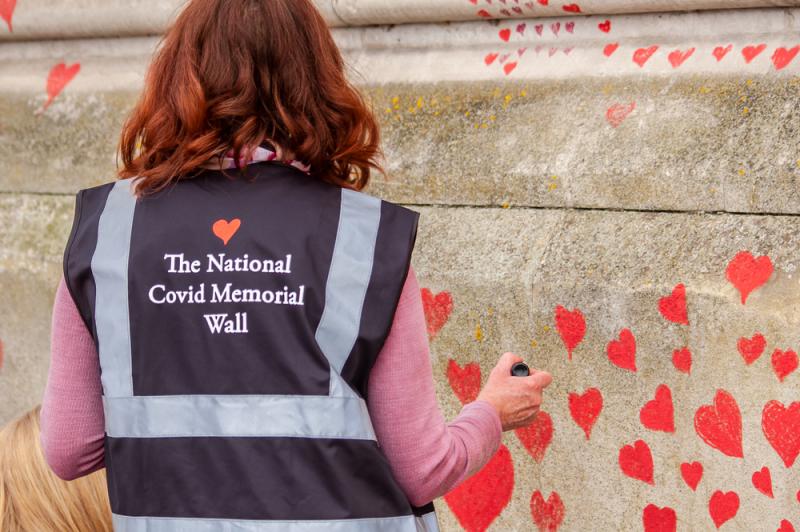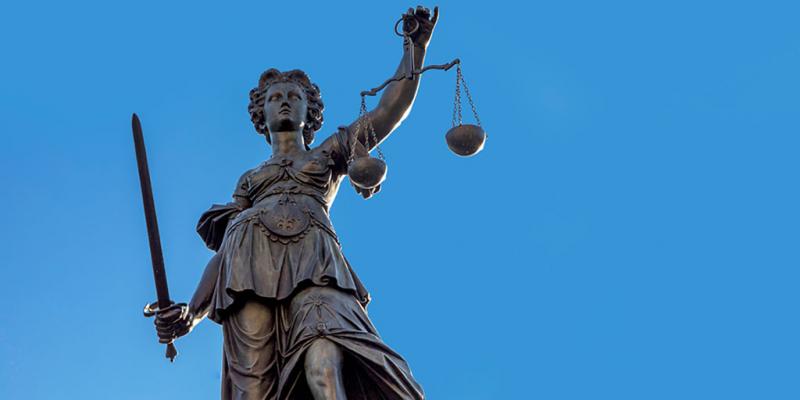(Please click here to download the PDF version of this newsletter)
Last month, the Inquiry team launched a public consultation asking for your feedback on the draft Terms of Reference (ToR). While the public consultation process was underway and feedback from the public was being gathered, I was privileged to travel around the UK listening, with the Inquiry team, to the stories of the bereaved.
- These stories provided the basis for our submissions to the Inquiry on what we feel is missing from the current ToR. Our submissions can be seen here. Submissions were also made on behalf of each of the devolved territories which can be seen below:
- Scotland
- Wales
- Northern Ireland
Immediate next steps
The Chair listened to the bereaved families through the process and appeared to take on all of your concerns. The Inquiry team will now consider our submissions, along with comments from the bereaved and others, and send their resulting recommendations to the Prime Minister. Following this, it will be for Boris Johnson to issue the final Terms, In accordance with the Inquiries Act. We have been told by the solicitors to the Inquiry that they have received over 20,00 submissions and it will be May before they can send their suggested changes to the PM; he of course will then take time to consider them.
Some of you have asked why the Prime Minister has the final say, especially given his responsibility for many of the measures taken. While it is less than ideal, this is because the Act requires him, as the Minister setting up the Inquiry, to issue the terms. We have urged the Prime Minister to accept the recommendations of the Chair in full, however he has declined to commit to this. We must now wait to see if he will accept the recommendations or not.
The ToR will be supplemented by a list of issues which have been brought up throughout the consultation process. This list is a work in progress being drawn up by the Inquiry team. We have asked to see it but so far have been refused access. Similarly, we have asked if we can see the proposals on the ToR which the Chair sends to the PM and so far, have not had agreement to this. We will keep trying.
We don’t expect to hear much regarding the progress of the Inquiry over the next few months until the Terms of Reference are agreed. However, the legal team to the Inquiry have proposed that we have regular meetings with them and we are working on this; we will of course be involving the lawyers for the bereaved in the devolved territories.
Setting up the Inquiry
Once the Terms of Reference are issued, we can expect the Prime Minister to give a setting-up date for the Inquiry. We are hoping that these two things will happen at the same time. The setting-up date of the Inquiry means that:
-
The duty to preserve evidence begins from that date
-
The process of disclosure can start
-
The Chair will set up a series of hearings to look at the list of issues and procedural points to do with the management of the Inquiry itself
The Chair has said that she hopes the actual evidence will start to be heard next Spring (2023). Once we receive the ToR, we will begin discussions with our colleague teams dealing with the devolved territories as to how we can best work together to ensure that the interests of all our clients are fully represented.

Issues raised during the consultations
We understand that those who were not able to attend the meetings with the Chair will be keen to understand what concerns were raised. The list below gives an insight into the breadth of issues raised during the meetings.
They included (but are not limited to):
-
The DNR system - in many cases it seems to have been used without the consent and sometimes without the knowledge of the patient or the family; furthermore, there was a real concern that the DNR entry was interpreted so that the hospital or other setting only provided end of life care.
-
Poor distribution of PPE.
-
Communication issues between hospitals and families, between hospital staff and patients and between patients and families.
-
Staff moving between hospitals and care homes without being tested.
-
Domiciliary staff attending multiple settings again without being tested.
-
Timing of lockdowns.
-
The lockdown tiers and the variations between neighbouring territories.
-
Support for the bereaved (both emotionally and financially).
-
Failure of government to adhere to its own rules (including ‘Partygate’).
-
The role of 111/999 and the triage system.
-
Eat out to help.
-
The effect of medications on patients.
-
Was the government pursuing a policy of herd immunity?
-
Timing and quality of shielding advice.
-
Government messaging that only those with underlying vulnerabilities were at risk.
-
How the government made its decisions - who did it listen to?
-
The rationale for changes in policy, especially the relaxations of restrictions.
-
Super-spreader events.
-
The failure of the government to listen to other countries.
-
Poor medical treatment in hospitals and lack of medical treatment in care homes.
-
The testing system.
-
Abreactions to vaccines (sometimes fatal).
-
The treatment of the effect of the pandemic on Black and Asian communities.
-
Restrictions on funerals.
-
Restrictions on visits to hospitals and other settings.
-
Effectiveness of monitoring systems.
There were many more issues raised, some more important than the ones mentioned above, but the above gives a taste of the breadth of issues.
Devolved territories update
In addition, and importantly the meetings with bereaved in the devolved territories gave the Chair a good sense of the issues particular to each of them and the complexities she would face if the Northern Irish and Welsh governments continue to refuse to hold independent Inquiries. We are continuing to argue that there should be separate Inquiries in each of the devolved territories. It may be that following the May elections the Northern Irish government will share our concerns and set up its own inquiry.
If you have lost a loved one to Covid-19, you have a right to be part of the public inquiry process. There is strength in numbers, so that as a group we can apply pressure to government and the inquiry. We represent our Covid Inquiry clients pro bono, this means at no cost or financial commitment to you. Find out more
Client newsletter archive
- Newsletter No.1 – June 2021
- Newsletter No.2 - July 2021
- Newsletter No. 3 - August 2021
- Newsletter No. 4 - September 2021
- Newsletter No. 5 - March 2022
- Newsletter No. 7 - May 2022
- Newsletter No.8 - June 2022
- Newsletter No.9 - July 2022



